Eczema is a chronic skin condition characterized by dry, itchy, and inflamed patches of skin. It affects millions of people worldwide, and there is currently no known cure for it. However, there are many different treatments available that can help to manage the symptoms of eczema and improve overall skin health. One of the most common types of treatments is eczema creams.
Eczema creams like the ones from harlanmd are topical medications that are applied directly to the skin to help relieve the symptoms of this condition. They come in many different forms, including creams, lotions, ointments, and gels, and they contain a variety of active ingredients that work to reduce inflammation, soothe itching, and moisturize dry skin.
Understanding the Risks and Side Effects
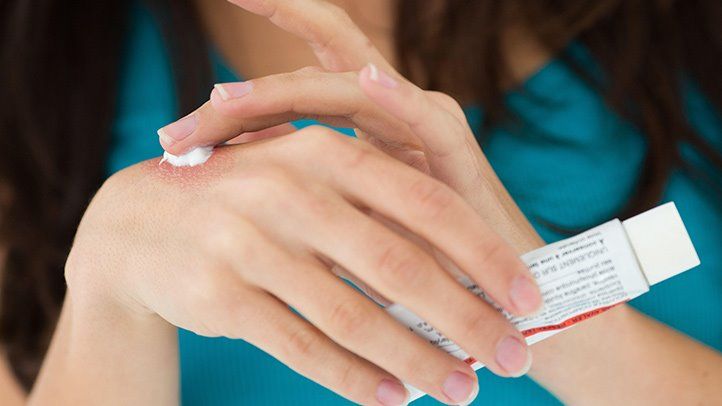
While creams can be very effective at managing the symptoms of eczema, there are also some risks and side effects associated with their use. One of the most significant risks is the potential for skin thinning and atrophy, which can occur when using steroid-based creams for prolonged periods.
Steroid-based products work by reducing inflammation in the skin, but they can also thin the skin and make it more susceptible to injury and infection. This can lead to a number of other problems, including stretch marks, easy bruising, and increased sensitivity to sunlight.
In addition to the risks associated with steroid-based eczema creams, there are also risks associated with the use of other types of products. For example, some of them may contain chemicals or other irritants that can actually worsen the symptoms of eczema or trigger an allergic reaction.
The Problem with Steroid-Based Eczema Creams: Why They Can Make Your Condition Worse
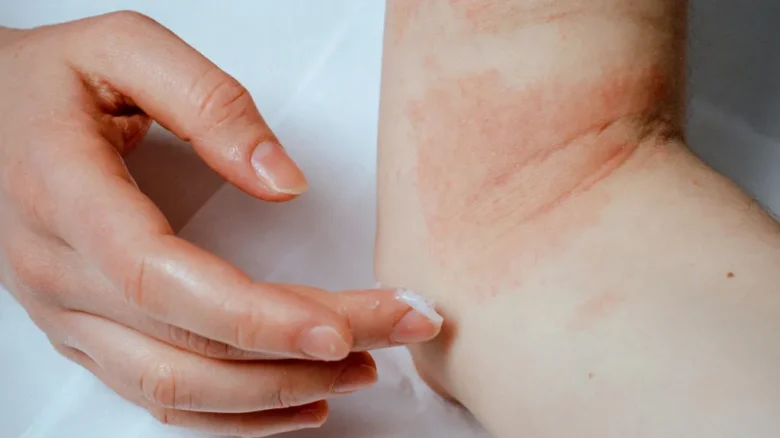
Source: medicalnewstoday.com
Steroid-based eczema creams are some of the most commonly prescribed treatments for eczema, and they can be very effective at reducing inflammation and relieving itching. However, as mentioned earlier, they can also cause skin thinning and atrophy, especially when used for prolonged periods.
There are a few different factors that can contribute to the development of these side effects. One of the most significant is the potency of the steroid being used. More potent steroids are more likely to cause skin thinning and atrophy, so doctors will typically prescribe the lowest possible dose of steroid that will still be effective.
Another factor that can contribute to the development of these side effects is the duration of use. The longer a person uses a steroid-based eczema cream, the greater the risk of developing skin thinning and atrophy. For this reason, doctors will typically recommend that patients use these creams for no more than two weeks at a time.
The Role of Chemicals: Common Irritants and Allergens
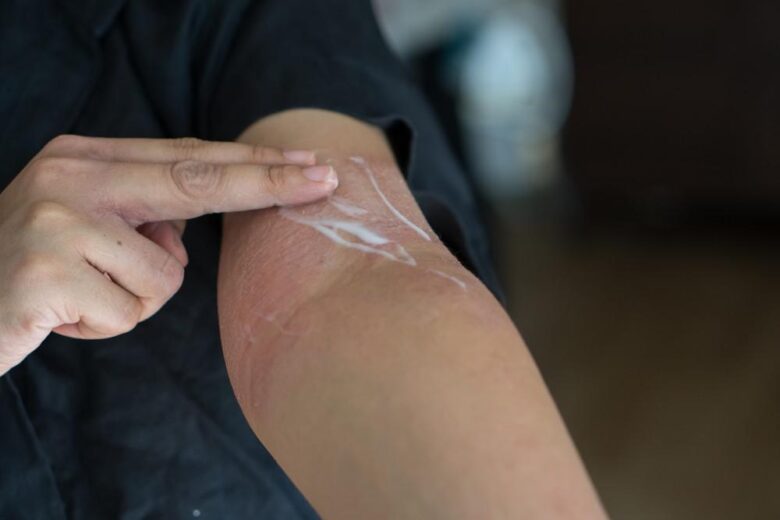
Source: allergyinstitute.org
In addition to steroid-based eczema creams, there are also many other types of products available that contain a variety of active ingredients. Some of them may contain chemicals or other irritants that can actually worsen the symptoms of eczema or trigger an allergic reaction.
One common irritant that is found in many products is alcohol. Alcohol can be very drying to the skin, which can exacerbate the symptoms of the condition and make the skin more susceptible to irritation and infection. Other common irritants include fragrances, preservatives, and other chemicals that are added to the product to improve its texture or scent.
Some people with eczema may also be allergic to certain ingredients in lotions, such as lanolin or certain fragrances. If you experience a rash or other symptoms after using a product, it is important to stop using it immediately and speak to your doctor or a dermatologist.
It is important to note that not all creams contain irritants or allergens, and there are many natural and alternative eczema creams available that may be safer and more effective for some people.
Natural and Alternative Treatments: Are They Safer and More Effective?
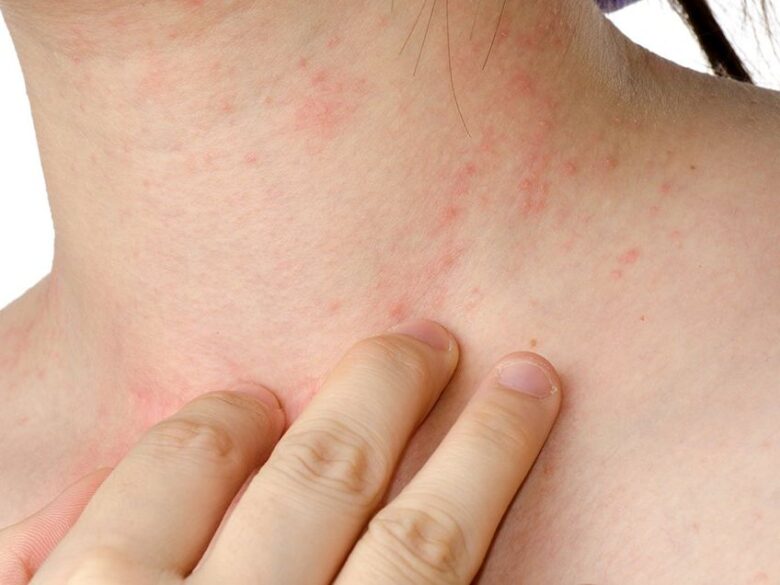
Source: prevention.com
There are many natural and alternative eczema creams available that may be safer and more effective for some people than traditional steroid-based creams. These products are typically made with natural ingredients like shea butter, coconut oil, and aloe vera, which can help to moisturize the skin and soothe inflammation.
One of the benefits of natural and alternative creams is that they are often less likely to cause skin thinning and atrophy than steroid-based lotions. They are also less likely to contain irritants or allergens that can worsen the symptoms of eczema.
However, it is important to note that natural and alternative creams may not be as effective at managing severe symptoms as steroid-based creams. They may be better suited for people with mild to moderate eczema or for use as part of a broader treatment plan that includes other therapies, such as lifestyle changes or prescription medications.
The Importance of Consulting with a Dermatologist
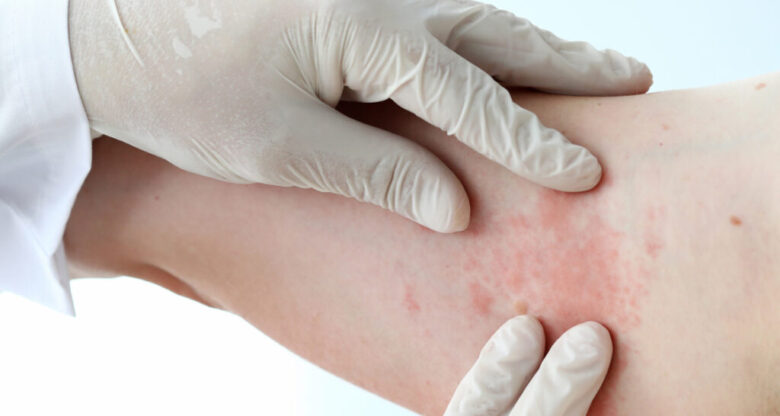
Source: renaissancederm.com
If you have eczema, it is important to work with a dermatologist or other healthcare provider to find the right treatment plan for your skin. This may include the use of creams, but it may also include other therapies, such as oral medications or phototherapy.
A dermatologist can help you to identify the type and severity of your eczema and recommend the most appropriate treatment options based on your individual needs and preferences. They can also monitor your skin for any signs of side effects or complications from the use of creams and make adjustments to your treatment plan as needed.
Tips for Safe and Effective Use of Eczema Creams: Dos and Don’ts
When using creams, it is important to follow some basic guidelines to ensure that you are using them safely and effectively. Here are a few tips to keep in mind:
- Do follow the instructions on the label or as directed by your doctor
- Do test a small patch of skin before applying the product to a larger area
- Do use the cream as directed and for the recommended duration of time
- Don’t use more cream than recommended or apply it more frequently than directed
- Don’t use creams on broken or infected skin
- Don’t use creams around the eyes or mouth unless specifically directed to do so by a doctor
Conclusion: Making Informed Decisions
Eczema creams can be very effective at managing the symptoms of eczema and improving overall skin health, but they are not without risks and side effects. It is important to work with a dermatologist or other healthcare provider to find the right treatment plan for your individual needs and preferences.
With the right care and attention, you can manage your eczema and enjoy healthy, comfortable skin.
